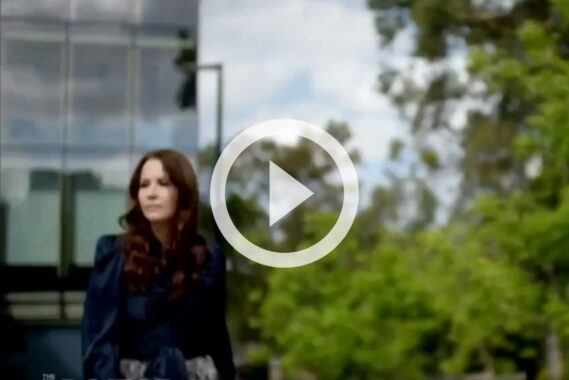Lessons from a three-day cosmetic surgery conference
7 November 2018
by Professor Anand Deva, Integrated Specialist Healthcare
This article first appeared in the Sydney Morning Herald, on 24th October 2018
I just spent three days as an invited member of the faculty discussing breast implants and cosmetic breast surgery at the recent inaugural “Breastmasters” conference in Sydney.
I was the “representative of academia” and presented a number of scientific papers on the latest research on breast implant safety, breast implant associated anaplastic large cell lymphoma (a type of cancer now linked to breast implants) and also on the various factors that feed the cosmetic surgery industry.
It was like being in a parallel universe – if you were to listen to most of the presentations, they focused on “before and after photos”, how “my results are the best” and “my patient was very happy”. In addition, there were some uncomfortable moments where I was informed on strategies to increase my following on social media and ride the wave of the cosmetic surgery boom which would increase my “conversion rate” of patients to surgery and no doubt my bank balance.
There was very little science and evidence here and some of the talks verged on shameless advertising to increase the profile of the “expert”.
The one talk that really touched me was by Professor Nichola Rumsey, who injected a sobering dose of reality and told us that validated research into body image actually showed completely the opposite – that people obsessed with their appearance or who sought improvement in their appearance through these treatments were actually left worse off.
She also told us that the boom is not in cosmetic surgery but actually in an increasing incidence of serious depression, anxiety and other psychological illnesses that we are inflicting, especially on our young women.
Is this what we want for our patients? She pleaded that we should be part of the solution and not be contributing to the problem.
I suspect that most of her words fell on deaf ears as immediately after her, we heard from a cosmetic clinic manager who told us that “patients begged to have their photo on insta” and that she high fived whenever their practice converted a patient away from a competitor.
Let us take a further step away from this artificially constructed world where everyone is desperate for bigger boobs, lips and smaller vaginas. The statistics show that only 1-3 per cent of women actually undergo breast implant surgery for cosmetic enhancement in Western countries. Put another way – around 97-99 per cent of women choose not to go through with it.
This is actually quite heartening. Something is stopping most women from choosing silicone to enhance their breasts. One of the reasons may be price – so we need to aim to shut down the cut-price cosmetic surgery clinics for fear they might break down the price barrier and put more women in harm’s way.
There are three other reasons that stop women signing up for surgery. One is fear of complications, often fuelled by media stories on what can and does go wrong, especially for a procedure that is not actually necessary.
The second is stigma – will I be judged poorly if I my friends and family find out I had cosmetic surgery?
And the third, and most important, is that some women decide that in spite of the hype, there are actually more important things in life that trying to pander to societal pressure on what they should look like and how they should behave.
I have two teenage daughters and am struck by their independence, confidence and self-assurance and the similar mindset of their friends, in the face of a world that is trying to prey on their vulnerability and push them to spend dollars to improve their appearance.
Perhaps, in the end, society is beginning to judge social media for what it is, another way of manipulating people into buying more stuff and more darkly, collect personal information for their own less than pure motives.
Let’s hope that this is the beginning of the end for the world of social influencers, instafame, pandering to the minority of narcissistic patients (and their equally narcissistic doctors) chasing the impossible dream driven by the pursuit of profit.
Professor Anand Deva is founder and director of the integrated specialist healthcare education and research foundation and Head of Plastic and Reconstructive Surgery at Macquarie University.



